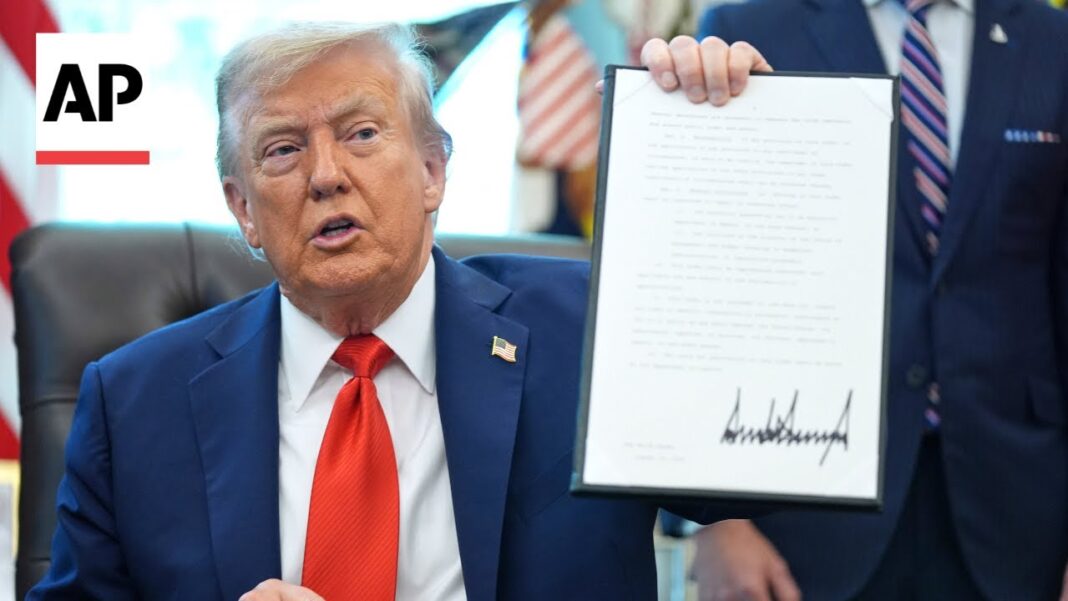Robust security guarantees for post-conflict Ukraine are the best way to ensure lasting peace, the German vice chancellor told reporters in Kyiv.
Berlin seeks to provide Ukraine with security guarantees in conjunction with Kyiv’s other European allies, German Vice Chancellor Lars Klingbeil said this week during his first visit to the Ukrainian capital.
“What’s important is that, in the end, there are security guarantees that ensure Ukraine is no longer attacked and that [Russian President Vladimir] Putin no longer dares to attack Ukraine,” Klingbeil told reporters in Kyiv on Aug. 25.
With a view to ensuring Ukraine’s long-term security, Klingbeil, who also serves as finance minister, called for strengthening Kyiv’s military and its ability to produce weapons domestically.
He said Germany was prepared to “assume responsibility” for providing Ukraine with security guarantees, but added that any decisions in this regard must not be taken “over the heads of Ukrainians.”
Klingbeil also said that a bilateral cease-fire should precede peace talks between the warring parties.
On Aug. 15, U.S. President Donald Trump held a landmark summit with Putin in Alaska, prompting speculation that some kind of peace deal could be imminent.
Moscow’s conditions for ending the conflict, which began with its 2022 invasion of eastern Ukraine, remain largely unchanged.
These include recognition of Moscow’s sovereignty over four regions it claims to have annexed (and which it now views as Russian territory), along with assurances that Ukraine will never join NATO.
In the event of a U.S.-backed peace settlement, Kyiv’s European allies want robust security guarantees that would serve to deter any future aggression by Russia against Ukraine.
In this regard, Kyiv’s Western supporters have made several proposals, but they have yet to agree on what form such security guarantees might take.
Last week, Trump said on his Truth Social messaging platform that “various European countries” could provide Ukraine with some kind of security guarantee—which he did not elaborate on—in “coordination” with the United States.
On Aug. 20, U.S. Vice President JD Vance told Fox News that regardless of what form such guarantees take, Kyiv’s European allies would have to assume the “lion’s share” of the burden.
Berlin Open to Sending Troops
If Russia ends up absorbing the four regions it claims as part of a broader settlement, some European capitals have offered to send troops to Ukraine to safeguard the country’s redrawn eastern border.
By Adam Morrow







